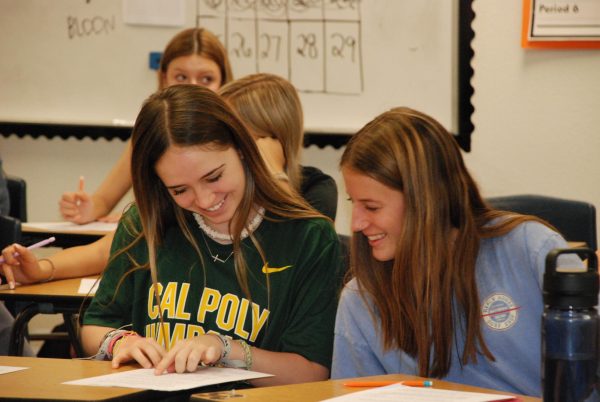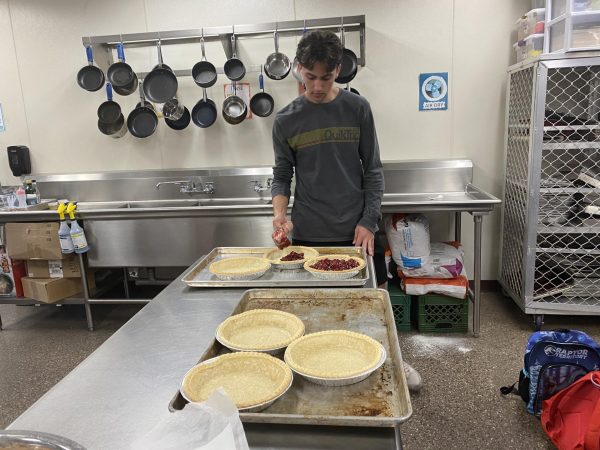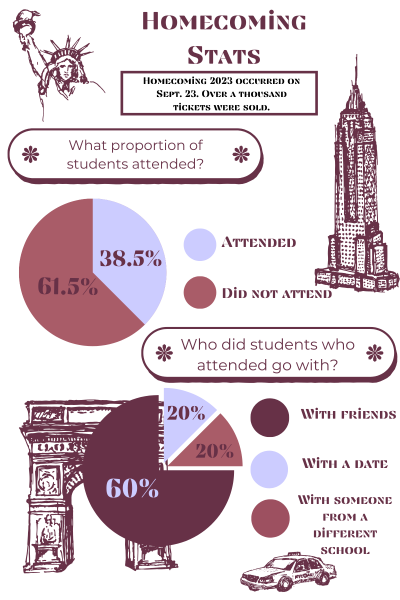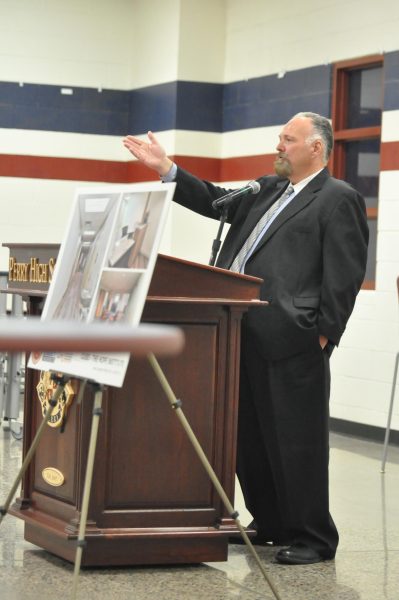Charitability of Arizona citizens is doubted
According to a Wallethub survey, Arizona is ranked as the 50th and least charitable state in the nation
In 2016, a Wallethub survey ranked Arizona as the least charitable state in the nation. This news has come as a shock to Arizonans, for it is difficult to believe that as a state we came in as number 50.
The survey took into account each state’s volunteer rate, the percent of donated income, the percent of the population who have donated time and/or money, the percent of the population that collected and distributed food, and the number of charities per capita.
Those options cover a fairly wide base and allow for relatively accurate calculations, but cannot take into account every act of service that is done because not all charity is on the radar.
Charity does not only consist of donating money; time can be just as valuable. However, Arizona still ranked as number 46 in the country for the percentage of people who have volunteered time. This is especially concerning, because most people can afford to give up at least a little bit of time throughout the year.
We also ranked as number 47 for the number of charities per capita. This means that Arizona has one of the areas least reciprocative to service in general. With less centers where people are able to go serve, there is less opportunity to participate in officially recorded activities.
In spite of the average charitability of Arizona as a whole, Perry strives to become a center for developing volunteers. With a multitude of clubs centered around service including Key Club and NHS, opportunities for students are not scarce. Also, with both being among the largest clubs on campus the interest in service is certainly apparent.
People don’t volunteer because they think volunteering is too big of a commitment.
— David Weber
However, the lack of volunteering as a state is reflected in the disincentives students find in donating their time. Key Club vice president David Weber said, “People don’t volunteer because they think volunteering is too big of a commitment.”
This discouragement does not stop the 162 members of the Key Club, each of whom serves a minimum of 30 volunteer hours to remain a part of the club. An added benefit of the service stemming from these clubs is the diversity of community involvement.
From the on-campus drives, such as the current NHS Gift Card Drive, to organized events off-site at Feed My Starving Children the broad span of influence service has affects more than just those being supported.
Students also benefit from the hours, supporting scholarship or college applications and offering experiences to strengthen resumes. But ultimately as NHS vice president Nikki Galvez said, “Volunteering events leave the student with a sense of gratitude… and can at least [let you] feel like you’re trying to make a difference.”
Ethan Thai is a current senior who enjoys soccer, video games and anything more than four hours of sleep. This is his first year as a staff reporter for...

Caden Johnson is senior at Perry High School. He is a staff reporter for the PHS Precedent. Caden is an Eagle Scout and has been scouting since the dawn...





